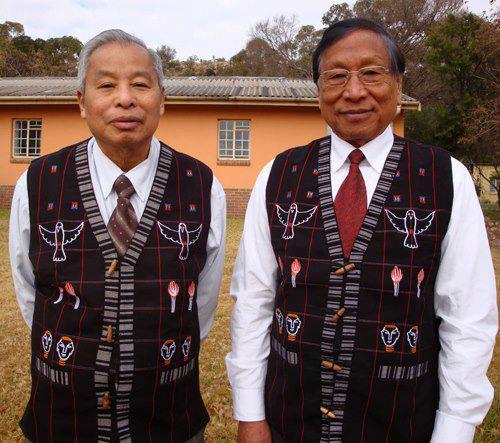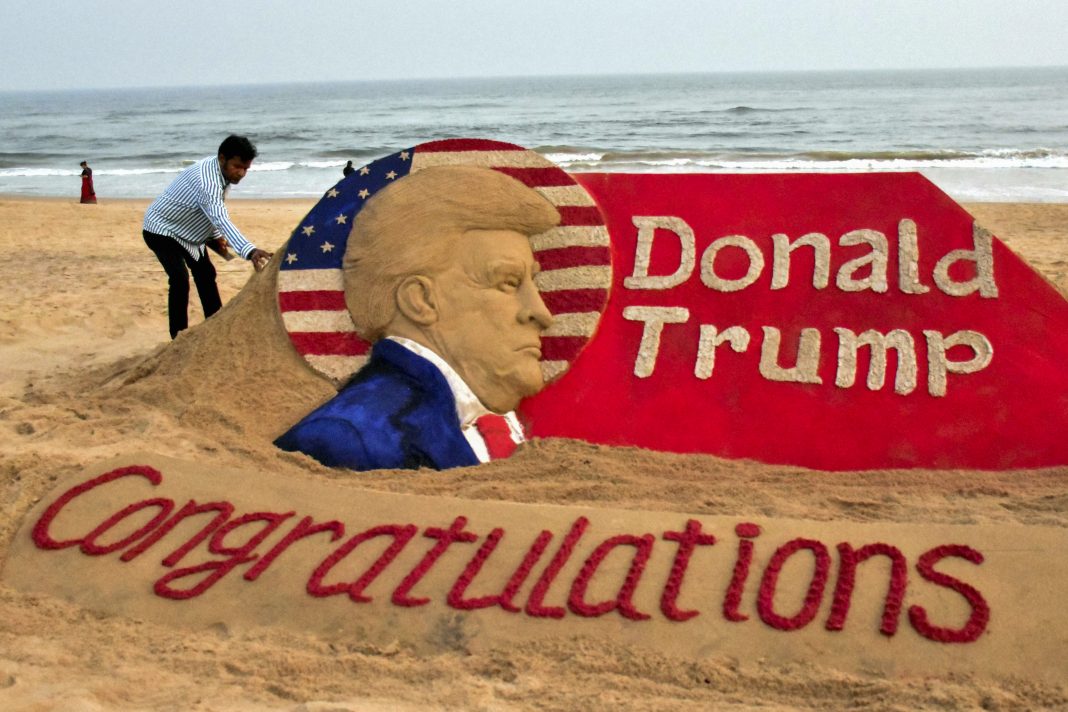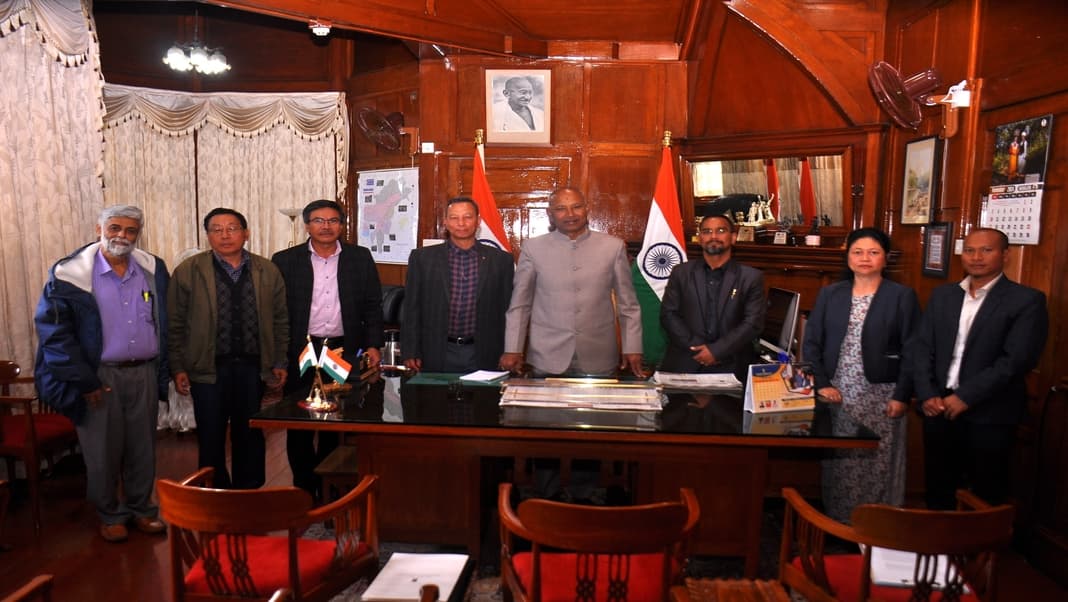Guwahati, Nov 8: Twenty-four years after initiating peace negotiations, the National Socialist Council of Nagalim (Isak-Muivah) [NSCN(I-M)], one of Northeast India’s oldest insurgent movements, has called for third-party mediation to resolve an impasse in its talks with the Indian government. Since 1997, the NSCN(I-M) has sought a political solution to secure autonomy and sovereignty for Nagalim. However, recent roadblocks—chiefly regarding Nagalim’s demand for recognition of its national flag and constitution—have slowed progress toward a final agreement.
A pivotal Framework Agreement was signed in 2015, which NSCN(I-M) interprets as acknowledging Nagalim’s “unique history and situation” and establishing a relationship of “shared sovereignty” between two distinct entities. NSCN(I-M) insists that the inclusion of Nagalim’s flag and constitution is non-negotiable, viewing them as essential symbols of Naga identity.
In a recent statement, NSCN(I-M) Aro Kilonser (prime minister) Thuingaleng Muivah argued that the government’s refusal to recognize these symbols undermines the Framework Agreement. The NSCN(I-M) proposes third-party intervention to break the deadlock but warns that should mediation fail, they may withdraw from the 27-year ceasefire and resume armed resistance.
Muivah also encouraged the Naga people to stay committed to their vision of a sovereign Nagalim, highlighting their “unique history, sovereignty, and freedom.” While NSCN(I-M) prefers a peaceful resolution, it has warned that if progress remains stalled, it may abandon the ceasefire. The organization emphasizes that the Framework Agreement, signed on August 3, 2015, is a crucial political document forged from decades of negotiations, which included over 600 rounds of talks held in neutral locations outside India. This agreement, alongside the 2002 Amsterdam Joint Communiqué, acknowledges Nagalim’s unique identity, a foundation Muivah describes as critical for an honourable resolution.
Muivah contends that the Indo-Naga conflict is a political dispute between two distinct sovereignties, with the Nagalim flag and constitution symbolizing this status. He asserts that the Framework Agreement derives its authority from mutual terms between India and Nagalim, independent of India’s or Myanmar’s constitutional frameworks. He urged India to honour the agreement’s recognition of Nagalim’s unique identity as essential to achieving a lasting peace.
Expressing discontent with what he calls the Indian government’s “betrayal” of the Framework Agreement, Muivah argued that the 2015 agreement affirmed Nagalim’s unique history and acknowledged its national symbols, paving the way for a new relationship between two sovereign entities. According to Muivah, NSCN(I-M) and Nagalim offered India a chance to resolve the Indo-Naga conflict within this framework, but India has disregarded this by failing to honour the Nagalim flag and constitution.
If the Indian government continues to impose terms that the NSCN(I-M) perceives as surrender, Muivah warned, the group may resume “armed resistance” to defend Nagalim’s sovereignty. The NSCN(I-M) calls for international mediation to resolve the deadlock but insists that should this proposal be rejected, they would be compelled to return to armed struggle.
Muivah urged the Naga people to remain resilient in their defence of Nagalim’s sovereignty, history, and constitution, emphasizing their unwavering resolve to protect the Naga’s identity at any cost. “The battle belongs to God,” he affirmed, calling on the Naga people to draw strength from their faith in this ongoing struggle




